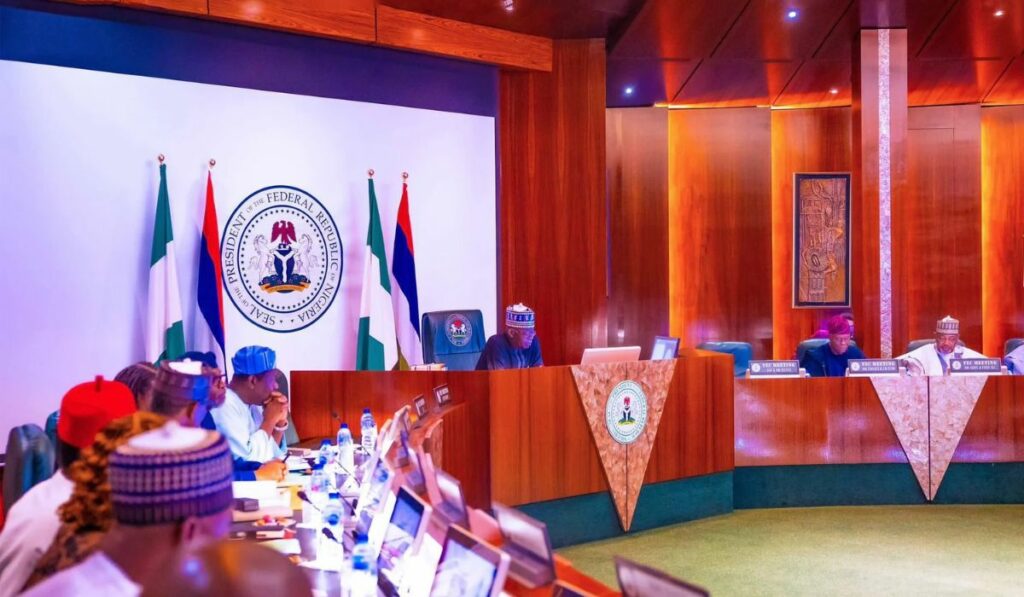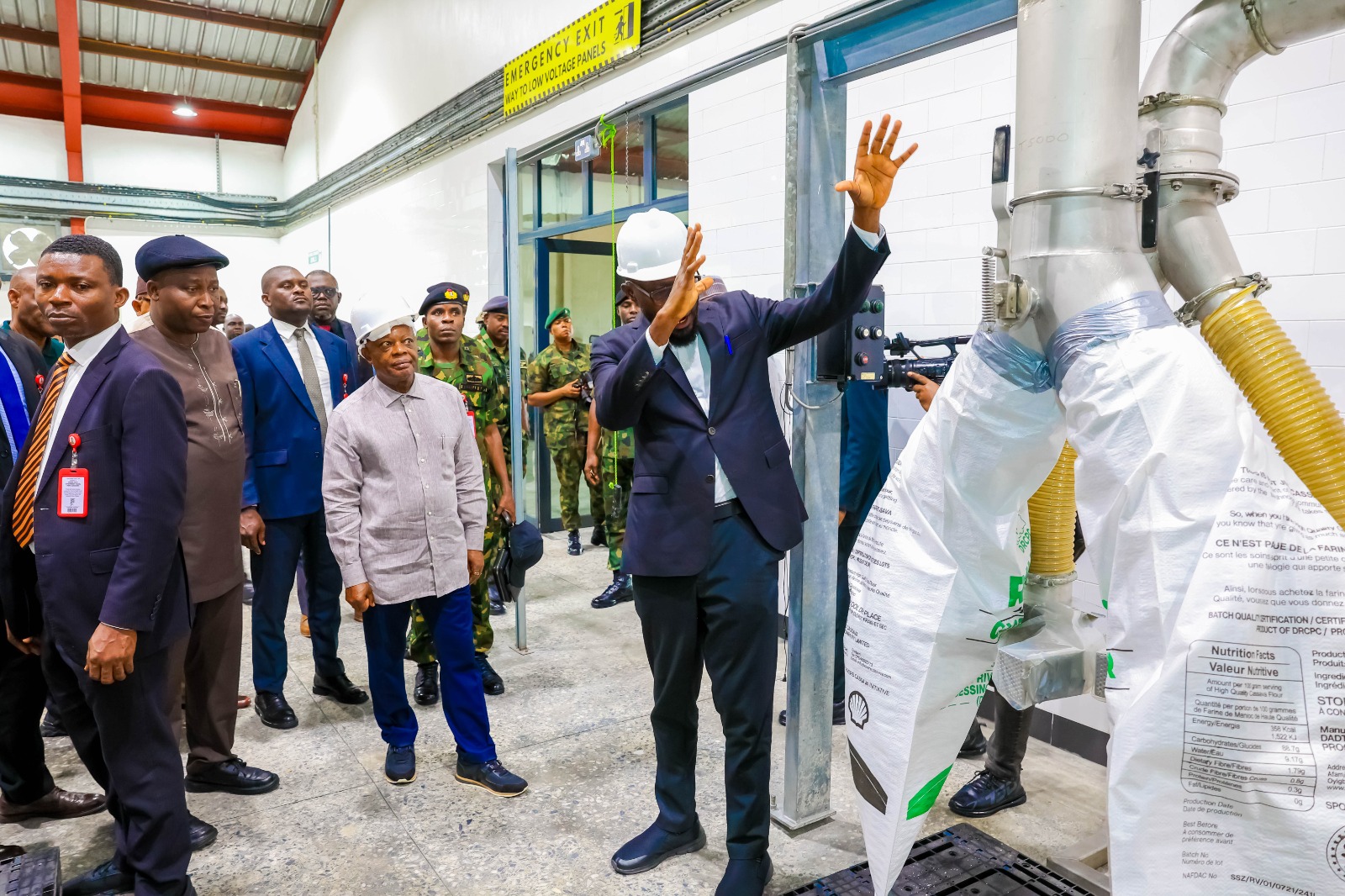Editorial
Democracy: Role Of Civil Society Groups
On September 15, Nigeria joined the rest of the world to mark the International Day of Democracy. The day, like others before it was set aside by the United Nations to promote and advance the cause of democracy everywhere in the world.
Worthy of note is the theme of this year’s International Day of Democracy, “Space For Civil Society.” It is a reminder to governments across the world that stable and successful democracies must of necessity draw from the activities of vibrant civil society groups, whose work with government must promote accountability.
Succinctly put by the UN Secretary-General, Ban Ki-Moon, civil society is the oxygen of democracy. It acts as catalyst for social progress and economic growth and helps represent the diverse interests of the population, most especially, its most vulnerable groups.
In Nigeria, the history of democratic rule will be incomplete without reference to the struggle and critical roles played by the civil society groups in enthroning and nurturing democratic ideals.
The Tide commends the civil society groups for the roles they played in strengthening the Electoral Law, as well as actualising the Freedom of Information (FOI) Law in Nigeria. We also note their passion for the sanctity of human lives as seen in the “Bring Back Our Girls,” campaign.
While we commend civil society organisations for their effort at deepening democracy in Nigeria, we cannot fail to note with, great concern, that the space for civil society groups is gradually shrinking. It is becoming too obvious that some civil society organisations and activists cannot operate effectively due to poor funding or government’s interference or both.
It is in view of this that The Tide calls on the Federal Government to provide the enabling environment for the smooth operation of civil society groups. Government must avoid actions capable of inhibiting the activities of these groups if the people must draw the benefits of democracy.
As the most preferred system of government all over the world, democracy requires certain essential ingredients to survive. These include freedom of speech, association and information, respect for law and human rights, provision of basic social amenities and free, fair and credible elections. All these can be achieved when there is vibrant, credible and non-partisan civil society activities.
But we observe that in recent times some civil society groups have lost focus, credibility and relevance due to their involvement in partisan politics. This has diminished their neutrality and dependability in many quarters.
More worrisome is the tendency of some civil society organisations to advance the interest of their foreign sponsors at the detriment of Nigeria’s national interest. This is unpatriotic and unacceptable. Some have also allowed themselves to do dirty jobs for governments.
We expect that as the world prepares to implement a new development agenda agreed to by the world’s governments recently, the Federal Government and the civil society groups will need to key into the agenda by working together to strengthen democratic governance in Nigeria.
Editorial
That FEC’s Decision On Tertiary Institutions

Editorial
Addressing Unruly Behaviours At The Airports

It began as a seemingly minor in- flight disagreement. Comfort Emmason, a passenger on an Ibom Air flight from Uyo to Lagos, reportedly failed to switch off her mobile phone when instructed by the cabin crew. What should have been a routine enforcement of safety regulations spiralled into a physical confrontation, sparking a national debate on the limits of airline authority and the rights of passengers.
The Nigerian Bar Association (NBA) wasted no time in condemning the treatment meted out to Emmason. In a strongly worded statement, the body described the incident as “a flagrant violation of her fundamental human rights” and called for a thorough investigation into the conduct of the airline staff. The NBA stressed that while passengers must adhere to safety rules, such compliance should never be extracted through intimidation, violence, or humiliation.
Following the altercation, Emmason found herself arraigned before a Magistrate’s Court and remanded at Kirikiri Maximum Security Prison, a location more commonly associated with hardened criminals than with errant passengers. In a surprising turn of events, the Federal Government later dropped all charges against her, citing “overriding public interest” and concerns about due process.
Compounding her woes, Ibom Air initially imposed a lifetime ban preventing her from boarding its aircraft. That ban has now been lifted, following mounting public pressure and calls from rights groups for a more measured approach. The reversal has been welcomed by many as a step towards restoring fairness and proportionality in handling such disputes.
While her refusal to comply with crew instructions was undeniably inappropriate, questions linger about whether the punishment fit the offence. Was the swift escalation from verbal reminder to physical ejection a proportionate response, or an abuse of authority? The incident has reignited debate over how airlines balance safety enforcement with respect for passenger rights.
The Tide unequivocally condemns the brutal and degrading treatment the young Nigerian woman received from the airline’s staff. No regulation, however vital, justifies the use of physical force or the public shaming of a passenger. Such behaviour is antithetical to the principles of customer service, human dignity, and the rule of law.
Emmason’s own defiance warrants reproach. Cabin crew instructions, especially during boarding or take-off preparations, are not mere suggestions; they are safety mandates. Reports suggest she may have been unable to comply because of a malfunctioning power button on her device, but even so, she could have communicated this clearly to the crew. Rules exist to safeguard everyone on board, and passengers must treat them with due seriousness.
Nigerians, whether flying domestically or abroad, would do well to internalise the importance of orderliness in public spaces. Adherence to instructions, patience in queues, and courteous engagement with officials are hallmarks of civilised society. Disregard for these norms not only undermines safety but also projects a damaging image of the nation to the wider world.
The Emmason affair is not an isolated case. Former Edo State Governor and current Senator, Adams Oshiomhole, once found himself grounded after arriving late for an Air Peace flight. Witnesses alleged that he assaulted airline staff and ordered the closure of the terminal’s main entrance. This is hardly the conduct expected of a statesman.
More recently, a Nollywood-worthy episode unfolded at Abuja’s Nnamdi Azikiwe International Airport, involving Fuji icon “King”, Wasiu Ayinde Marshal, popularly known as KWAM1. In a viral video, he was seen exchanging heated words with officials after being prevented from boarding an aircraft.
Events took a dangerous turn when the aircraft, moving at near take-off speed, nearly clipped the 68-year-old musician’s head with its wing. Such an occurrence points to a serious breach of airport safety protocols, raising uncomfortable questions about operational discipline at Nigeria’s gateways.
According to accounts circulating online, Wasiu had attempted to board an aircraft while he was carrying an alcoholic drink and refused to relinquish it when challenged. His refusal led to de-boarding, after which the Aviation Minister, Festus Keyamo, imposed a six-month “no-fly” ban, citing “unacceptable” conduct.
It is deeply concerning that individuals of such prominence, including Emmason’s pilot adversary, whose careers have exposed them to some of the most disciplined aviation environments in the world, should exhibit conduct that diminishes the nation’s reputation. True leadership, whether in politics, culture, or professional life, calls for restraint and decorum, all the more when exercised under public scrutiny.
Most egregiously, in Emmason’s case, reports that she was forcibly stripped in public and filmed for online circulation are deeply disturbing. This was an act of humiliation and a gross invasion of privacy, violating her right to dignity and falling short of the standards expected in modern aviation. No person, regardless of the circumstances, should be subjected to such degrading treatment.
Ibom Air must ensure its staff are trained to treat passengers with proper decorum at all times. If Emmason had broken the law, security personnel could have been called in to handle the matter lawfully. Instead, her ordeal turned into a public spectacle. Those responsible for assaulting her should face prosecution, and the airline should be compelled to compensate her. Emmason, for her part, should pursue legal redress to reinforce the principle that justice and civility must prevail in Nigeria’s skies.
Editorial
Restoring PH’s Garden City Status

-

 Nation2 days ago
Nation2 days agoAccolades, Fanfare As Ogbakor Ikwerre President General Celebrates 80th Birthday
-
News2 days ago
Stop politicising Niger Delta’s plight over personal interest, Ex-militant warns Ijaw youths
-
News2 days ago
Keep faith with Tinubu’s Renewed Hope Agenda – NOA begs Nigerians
-

 Niger Delta3 days ago
Niger Delta3 days agoBayelsa Tasks Security Agencies On Vigilance Over Waring Communities
-
Featured2 days ago
Rivers LG Poll: APC Wins 20 chairmanship seats, PDP Clears Three
-
News2 days ago
Cleric Condemns Increasing Theft in God’s House
-
News2 days ago
Okpebholo, Edo Speaker mourns ex-IGP, Arase
-
News2 days ago
Ojulari: CNPP, civil society groups demand judicial probe into NNPCL

